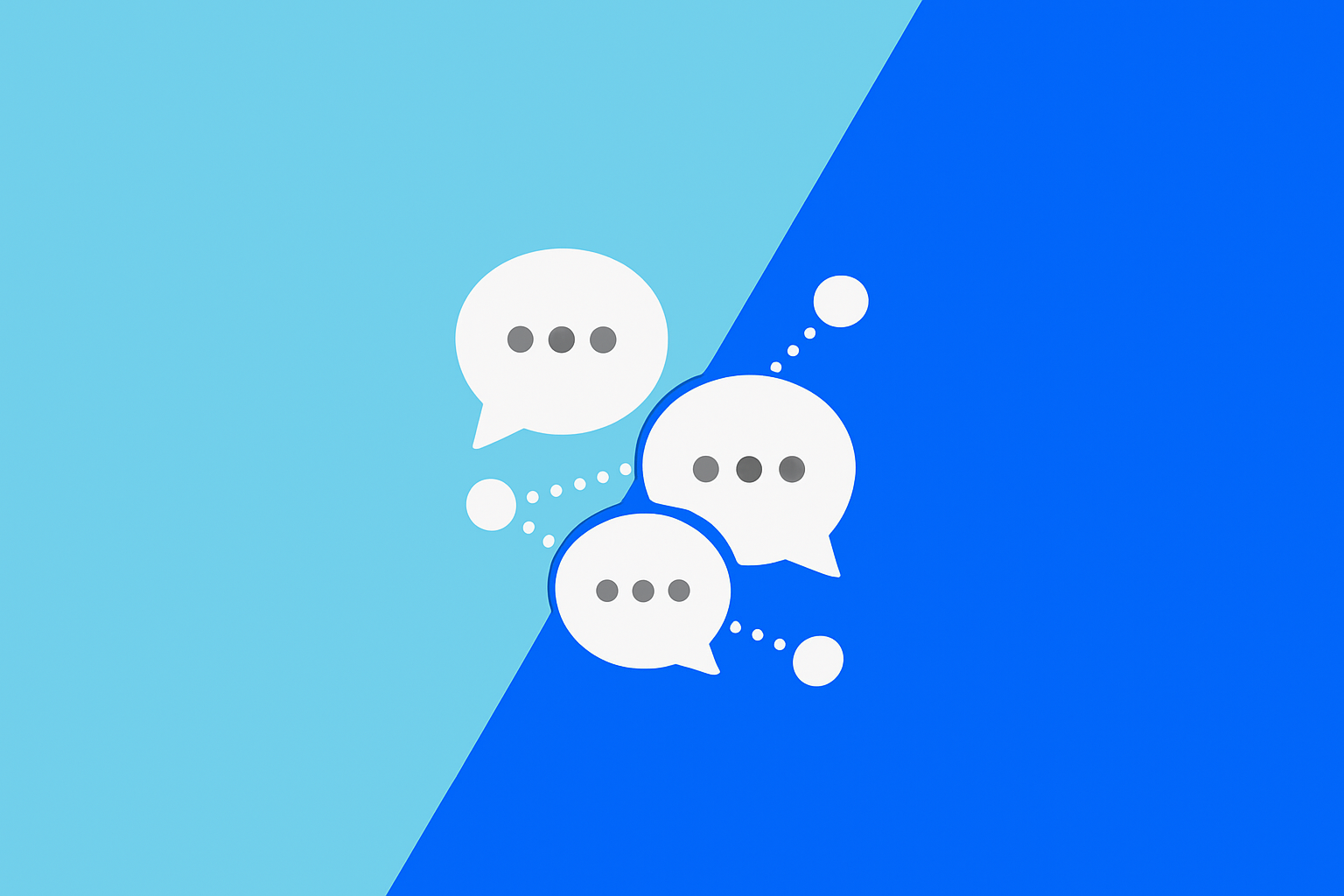Running a customer support team these days is a heavy logistical load. Customers want support on more platforms than ever, more real-time channels than ever (eek!), and they’re expecting higher quality support. They want every experience with a brand to reinforce whatever positive associations attracted them to the company in the first place, and if something goes awry once, that’s enough to convince them to seek out a competitor.
In order to keep a support team running smoothly, support team directors and managers need great people, process, and technology.
Many of our customers rely on a classic process (and people and technology) loop to keep their teams in ship shape – it’s a feedback cycle between quality assurance and training.
These teams use data from their QA process to influence what they talk about with agents in 1:1s, find holes in their onboarding process, and determine topics for ongoing team training. They use common mistakes picked up from quality assurance reports to determine customer service training topics, and then see how well these trainings have stuck with QA.
Since so many teams use QA data in this way, we figured we’d create some functionality around the training element that’s linked so integrally to quality audits.
BTW, Zola does this and we had a webinar
Closing the Loop on QA and Training – Putting a ring on it with Lessonly💍
We recently solidified our union, and built out an integration with Lessonly.
Lessonly allows employees to learn new skills, practice them, and test their new knowledge in a low stakes environment.
MaestroQA allows managers to see how employees are performing with new information, and use this information to plan new trainings, and then circle back and see how well the trainings stuck.
Together, you cover all aspects of the ongoing cycle of feedback between a manager and an agent.

So the gap between quality and training just got smaller – you can now assign lessons to agents in the moment that you realize they could use a little boost in a particular area.
This is great because :
- You’ll assign more lessons: Assigning trainings in line with the quality process gives managers less to keep track of, and a lot less gets lost in the shuffle. Being able to assign a lesson the moment that you sense it might be necessary means you won’t miss a single opportunity to give an uptraining. More training 👉 happier team 👉 happier customers.
- You can find holes in your training materials based on what you’re seeing in QA: As you get into the rhythm of assigning trainings while you QA, you might notice that there are areas where you want to assign something, but don’t have the right training for it. This can be a good inspiration to create an uptraining.
- You can more easily understand the relationship between training and quality: With training assignments and QA in the same place, you can see which trainings were assigned to which tickets, and whether or not the training was completed. This gives managers rich context into how agents are receiving training, and how well they’re staying up-to-date on their quality audits and feedback.
- You can build out a seamless loop between how agents are trained, and what they’re graded on: Imagine a world in which everything an agent sees in their onboarding program is perfectly reflected in the way their performance is assessed? And in which every question on their QA form has associated trainings in case they need a little brush up? Through a more holistic and connected relationship between quality and training, you can make sure that your agent experience is 0% disjointed – what exists in onboarding will continue seamlessly through to quality reviews, and that will transition seamlessly into ongoing training.
Here’s what we're talking about:

The right training, assigned in real time as the need arises, will drive the incremental improvements that you’re looking for on your support team.
With a more holistic customer service quality assurance<>training loop that’s constantly reinforced, your team will be a well-oiled machine.
Better team, better agents, better work 👉 happier customers 💍
How the MaestroQA Lessonly Integration Works:
Assign a lesson:

Set a due date:

Track completion:

Empower agents with QA data and assignments all in the same dashboard:

Here's a video overview of the training assignment process in MaestroQA:
How Zola put a ring on their QA-training feedback loop 💍with MaestroQA and Lessonly
View our other integrations here!











.jpeg)




.jpg)





.jpeg)

.avif)
.avif)

.avif)
.avif)
.avif)
.avif)
.jpeg)

.jpeg)

.jpeg)
.jpeg)

.jpeg)
.jpeg)
.jpeg)
.jpeg)
.jpeg)
.jpeg)
.jpeg)
.jpeg)
.jpeg)
.jpeg)
.jpeg)
.jpeg)
.jpeg)

.jpeg)
.jpeg)

.jpeg)
.jpeg)
.jpeg)





.avif)
.avif)
%2520(1)-p-800.avif)
.avif)

-p-500.avif)
%2520(1).avif)

.avif)
.avif)
%2520(1).avif)
.avif)
%2520(1).avif)
%2520(1).avif)
%2520(1).avif)
.avif)
%2520(1).avif)
%2520(1).avif)
.avif)
%2520(1).avif)
.avif)
.webp)




.jpeg)

.jpeg)
.jpeg)
.jpeg)
.avif)

.jpeg)
.jpeg)

.jpeg)
.avif)
.avif)



.avif)



